Despite numerous concerns plaguing the global economy, China remains a magnet for businesses around the world, and the China International Import Expo (CIIE) stands as a telling example.
Exhibitors from 145 countries, regions and international organizations, including 284 leading companies from diverse industries, gathered at the fifth CIIE, which concluded on Thursday in Shanghai with a total of 73.5 billion U.S. dollars worth of tentative deals reached for one-year purchases of goods and services.
Clearly, there are compelling reasons to continue investing in the world's second-largest economy, which has a population of 1.4 billion, especially with an expanding middle-income group that's already 400 million strong.
Craig Allen, president of the U.S.-China Business Council, told Xinhua that nearly 200 U.S. companies attended this year's CIIE, and every individual company wanted "a little bit more space" at the venue.
Noting that China has produced approximately 30 percent of global growth over the past 10 years, Allen said "we naturally are interested in all elements of the Chinese economy and selling into every segment."
Corporate representatives provided more specific reasons to expand in China based on their firsthand knowledge.
U.S. automaker Tesla has been an active CIIE participant for five years. "China has continuously improved its level of opening up in recent years, of which Tesla is both a witness and a beneficiary," said Tao Lin, vice president of Tesla.
The company's Shanghai Gigafactory, the first of its kind outside the United States, has produced over 1 million vehicles in less than three years.
The factory is located in China's first pilot free trade zone (FTZ) in Shanghai. So far, the country has established 21 FTZs, drawing an inflow of foreign capital attributable to a slew of trade facilitation measures.
According to the World Openness Report 2022 released at the fifth Hongqiao International Economic Forum, a sideline event of the CIIE, China's openness index jumped from 0.7107 in 2012 to 0.7507 in 2020, and it climbed up from 47th to 39th in the ranking.
"The combination of a positive business environment, consumption upgrades driven by economic growth, and opportunities brought by the development of second-tier and third-tier cities make us very confident in the future of the Chinese market," said Paul Huang, senior vice president of the LEGO Group and general manager of LEGO China.
The Denmark-based global toymaker, which attended the CIIE for the fifth consecutive year, has opened over 380 stores in more than 100 Chinese cities in recent years and plans to open another 80 stores in the country by 2023.
The company has also benefited from China's thriving e-commerce. Huang said that Lego's e-commerce business has achieved vigorous development in recent years, featuring extensive and active cooperation with Chinese mainstream e-commerce platforms.
Wang Hao, president of Siemens Healthineers Greater China, said that amid COVID-19 resurgences, local governments in China have made great efforts in helping multinational companies smooth logistics and resume production, demonstrating their resolve to steady the economy.
Recent data speak volumes about multinational corporations' continuing enthusiasm for China. In the first nine months of this year, foreign direct investment into the Chinese mainland expanded 15.6 percent year on year to 1.00376 trillion yuan. In U.S. dollar terms, the inflow went up 18.9 percent year on year to 155.3 billion dollars, data from China's Ministry of Commerce showed.
Many believe that China's commitment to sharing development opportunities with the rest of the world is reflected in its hosting of the CIIE. Mining giant Rio Tinto, which joined the previous CIIEs in various forms including speaking at high-profile forums of the event, made its appearance at the fifth edition as an independent exhibitor for the first time.
"We can see China's determination to further open up its market via the CIIE," said Alf Barrios, Rio Tinto's chief commercial officer and China chairman. "And we believe the CIIE will play an increasingly important role in promoting the free flow of goods and services globally, enhancing inclusiveness and mutual benefit for all trade partners."








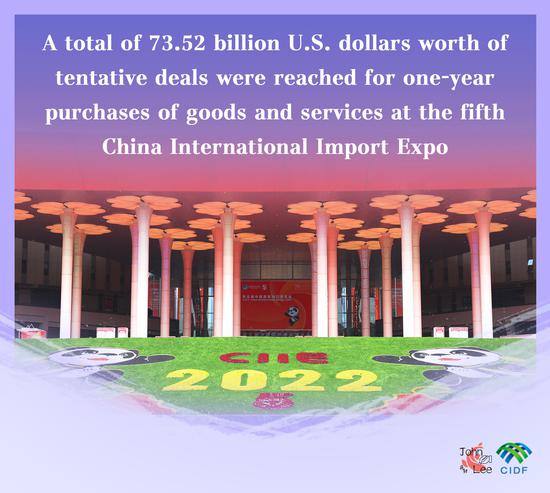

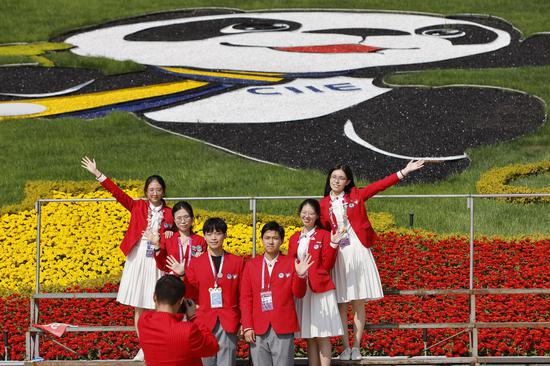

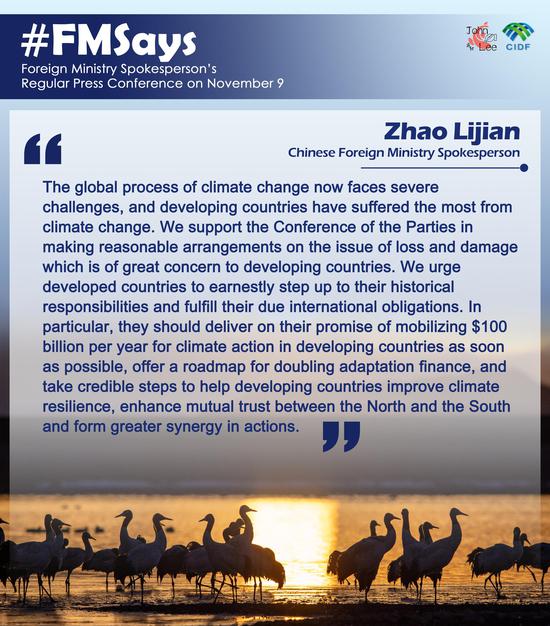

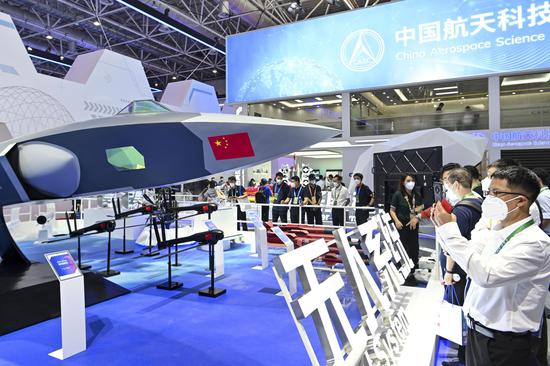
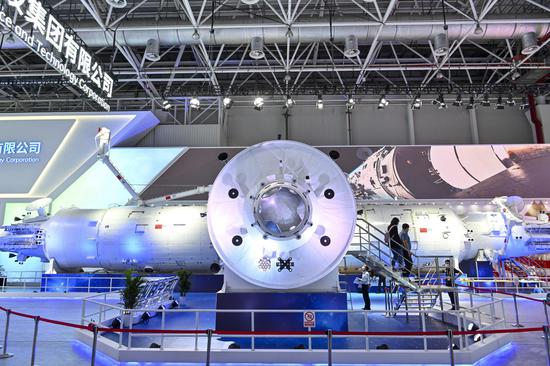
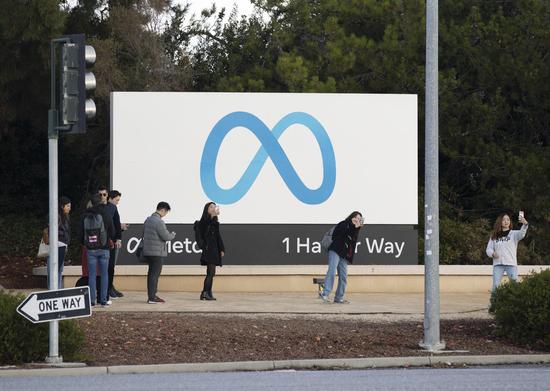




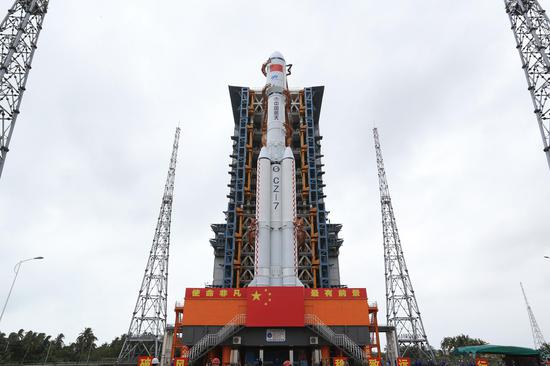
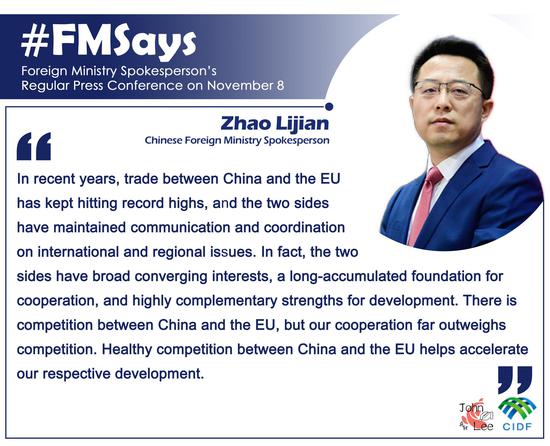
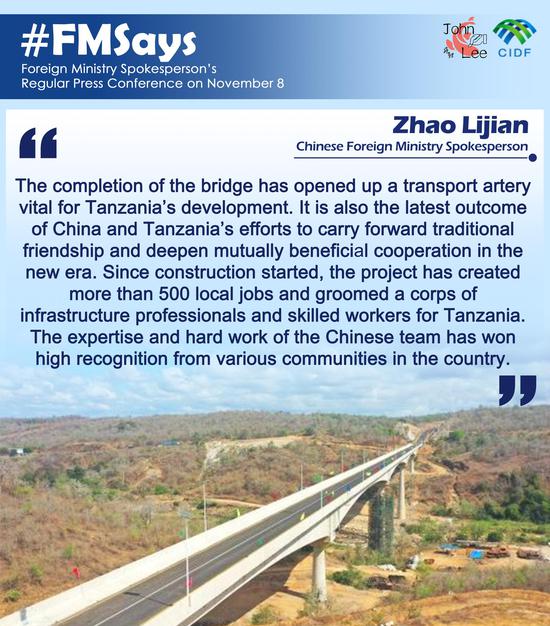




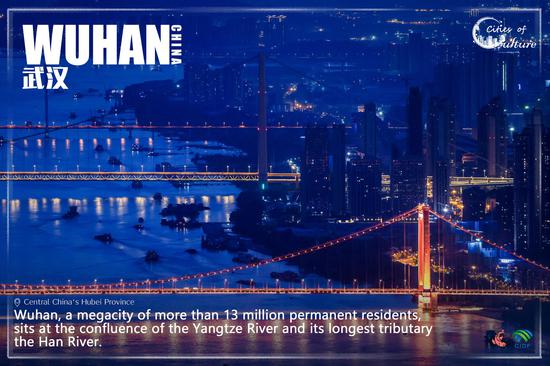
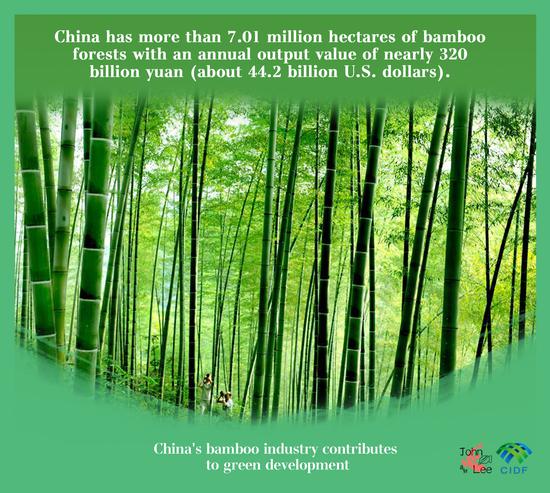
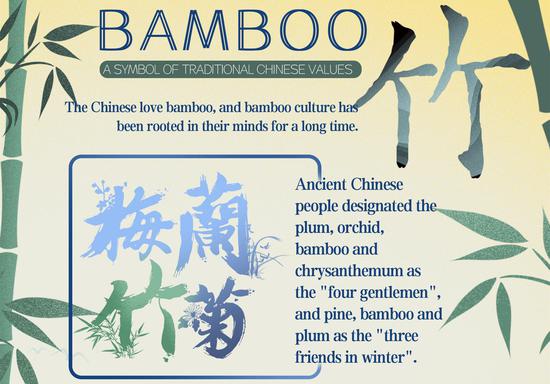
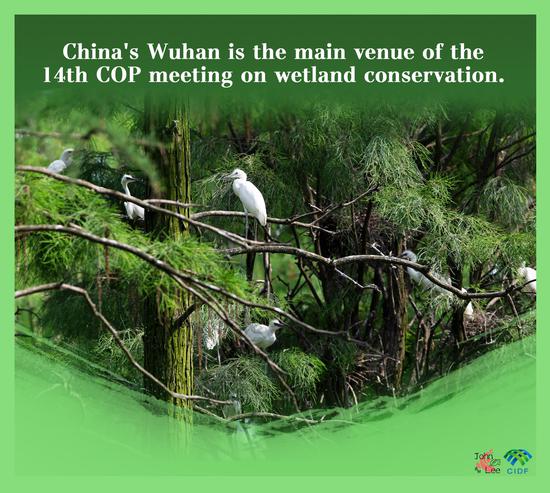


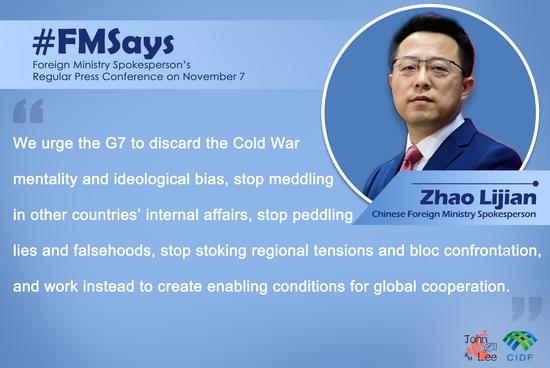
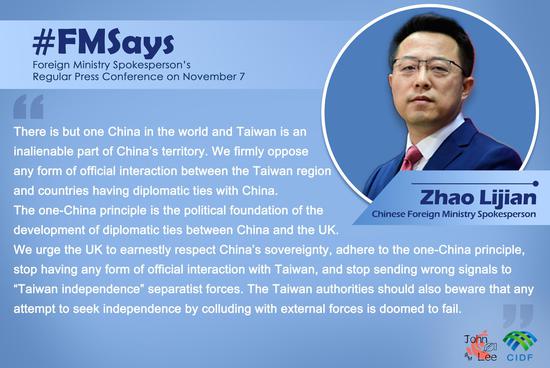
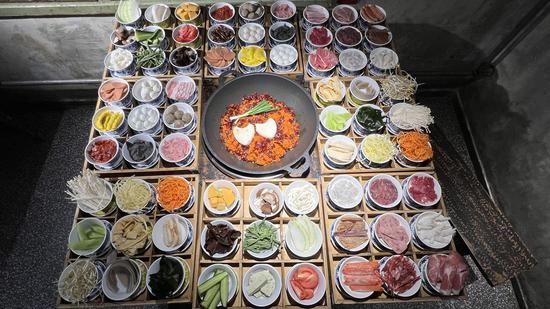
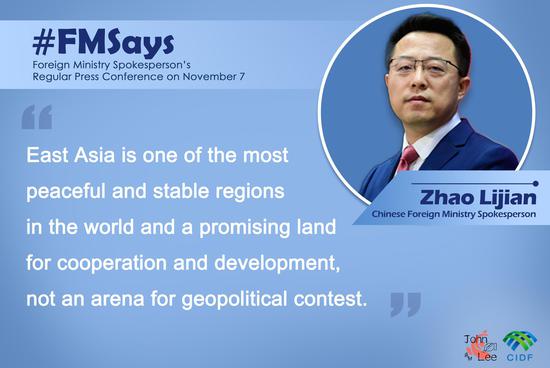
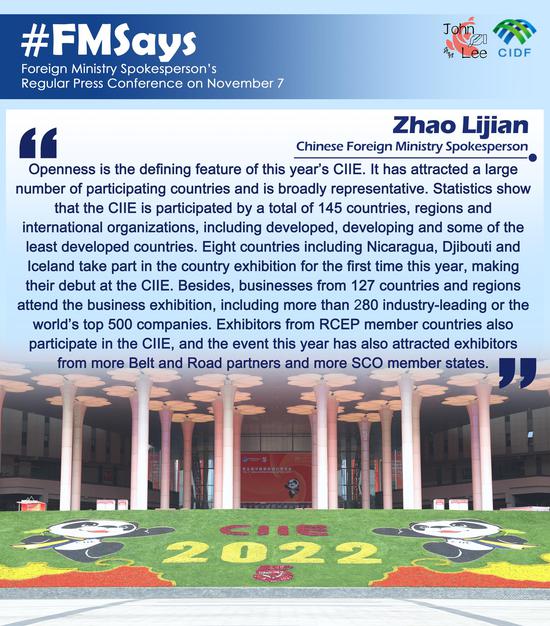
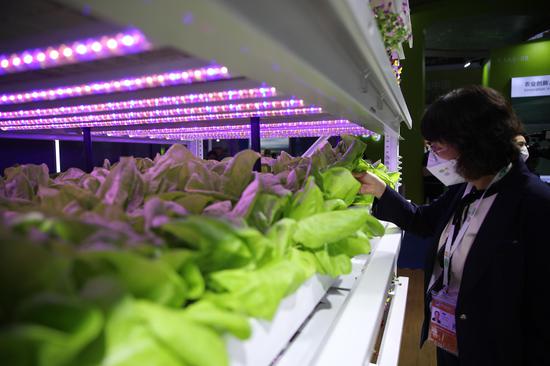



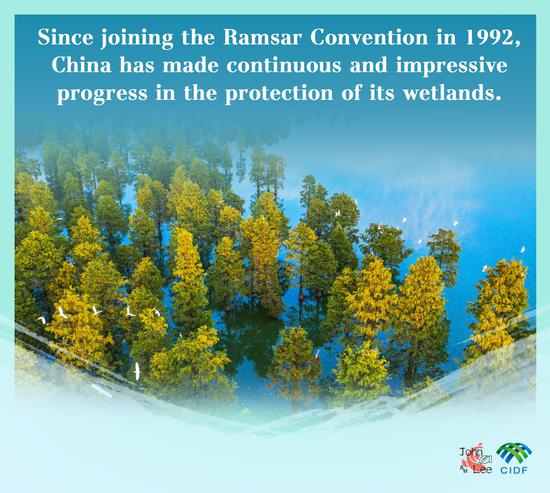
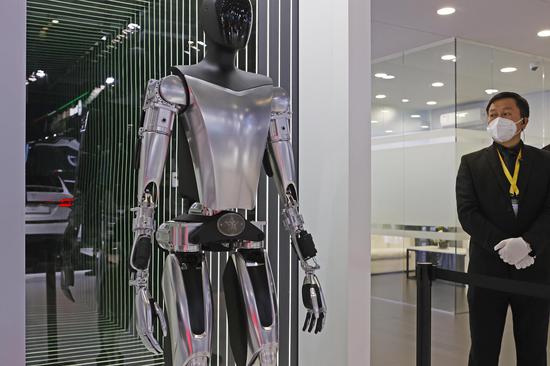





 京公网安备 11010202009201号
京公网安备 11010202009201号